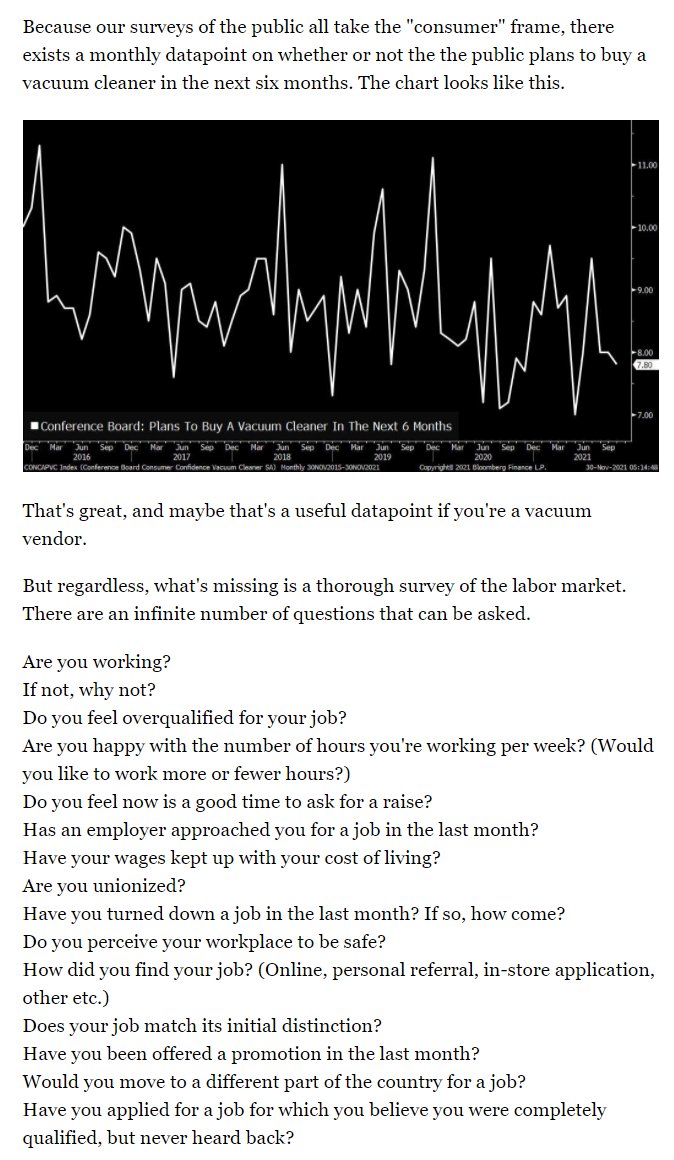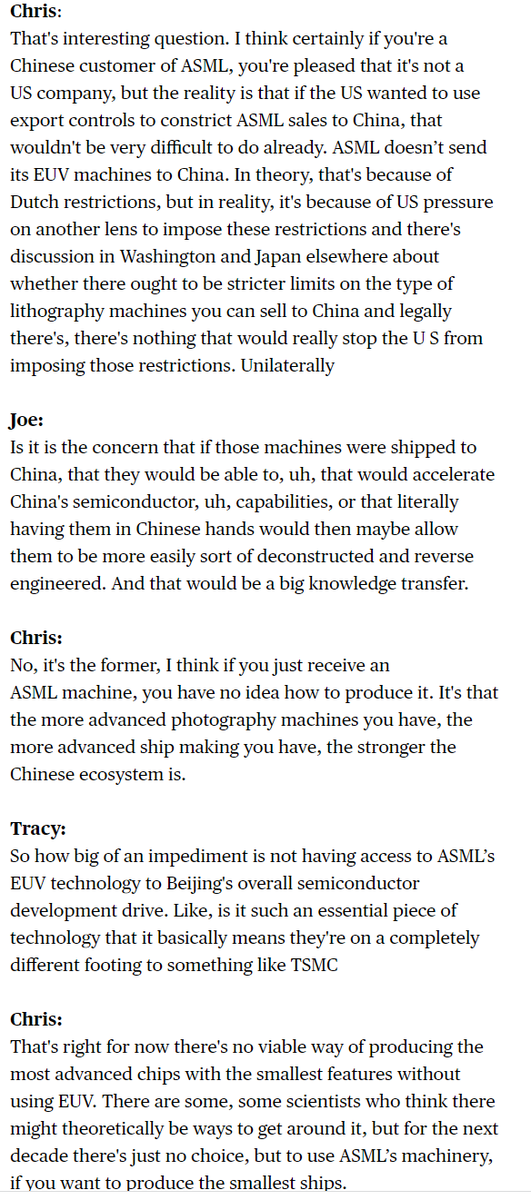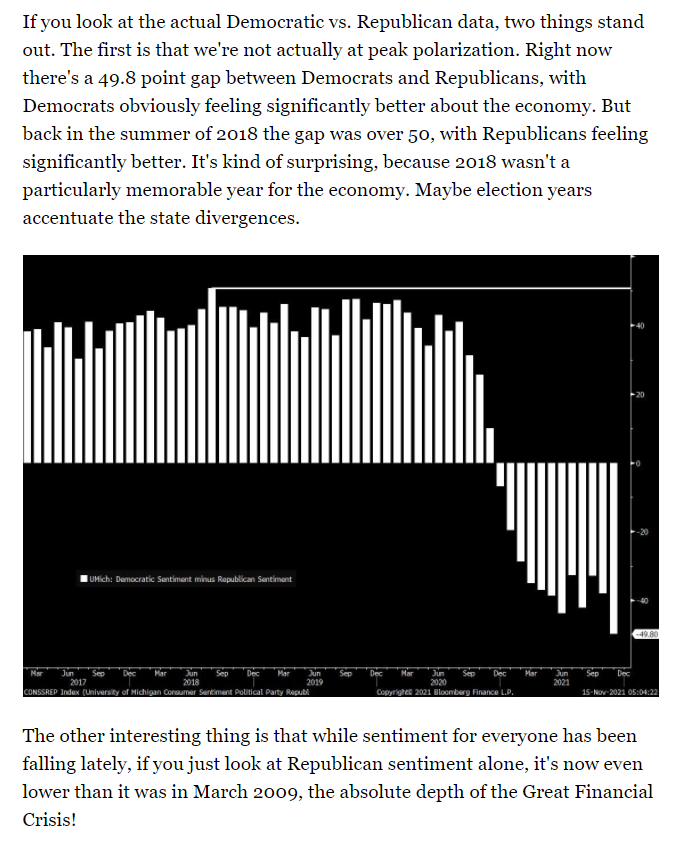
NEW ODD LOTS
Why we're experiencing a nationwide schoolbus driver shortage.
@tracyalloway and I talked to Corey Muirhead, EVP at the largest schoolbus company in NYC, to talk about how the pandemic has made retaining and hiring drivers so much harder. bloomberg.com/news/articles/…
Why we're experiencing a nationwide schoolbus driver shortage.
@tracyalloway and I talked to Corey Muirhead, EVP at the largest schoolbus company in NYC, to talk about how the pandemic has made retaining and hiring drivers so much harder. bloomberg.com/news/articles/…
@tracyalloway There are numerous factors driving the shortage.
-- Many drivers are quasi-retirees, and not a lot of people are unretiring these days.
-- While schools shut down, demand for truck drivers soared, so people with CDLs just switched industries.
-- Many drivers are quasi-retirees, and not a lot of people are unretiring these days.
-- While schools shut down, demand for truck drivers soared, so people with CDLs just switched industries.
Also like every other industry, there's an Amazon effect, as @tracyalloway wrote about
https://twitter.com/tracyalloway/status/1468733635314343938
@tracyalloway Also drug testing. Obviously with children on board, there's an extremely high emphasis on safety, which isn't as much the case for other jobs that otherwise require a similar skillset.
@tracyalloway Will post the transcript later.
In the meantime, can listen to it anywhere, like
Apple: podcasts.apple.com/us/podcast/thi…
Spotify: open.spotify.com/episode/1DfnCK…
Plus anywhere else
In the meantime, can listen to it anywhere, like
Apple: podcasts.apple.com/us/podcast/thi…
Spotify: open.spotify.com/episode/1DfnCK…
Plus anywhere else
And right on cue
https://twitter.com/news10nbc/status/1468906713390751760
More: abc6.com/strike-authori… HT: @_andyboardman
@SamuelWBell Is this district near you?
Second day in row of some classes canceled in a school district where there’s a bus driver shortage wxxinews.org/local-news/202…
• • •
Missing some Tweet in this thread? You can try to
force a refresh















